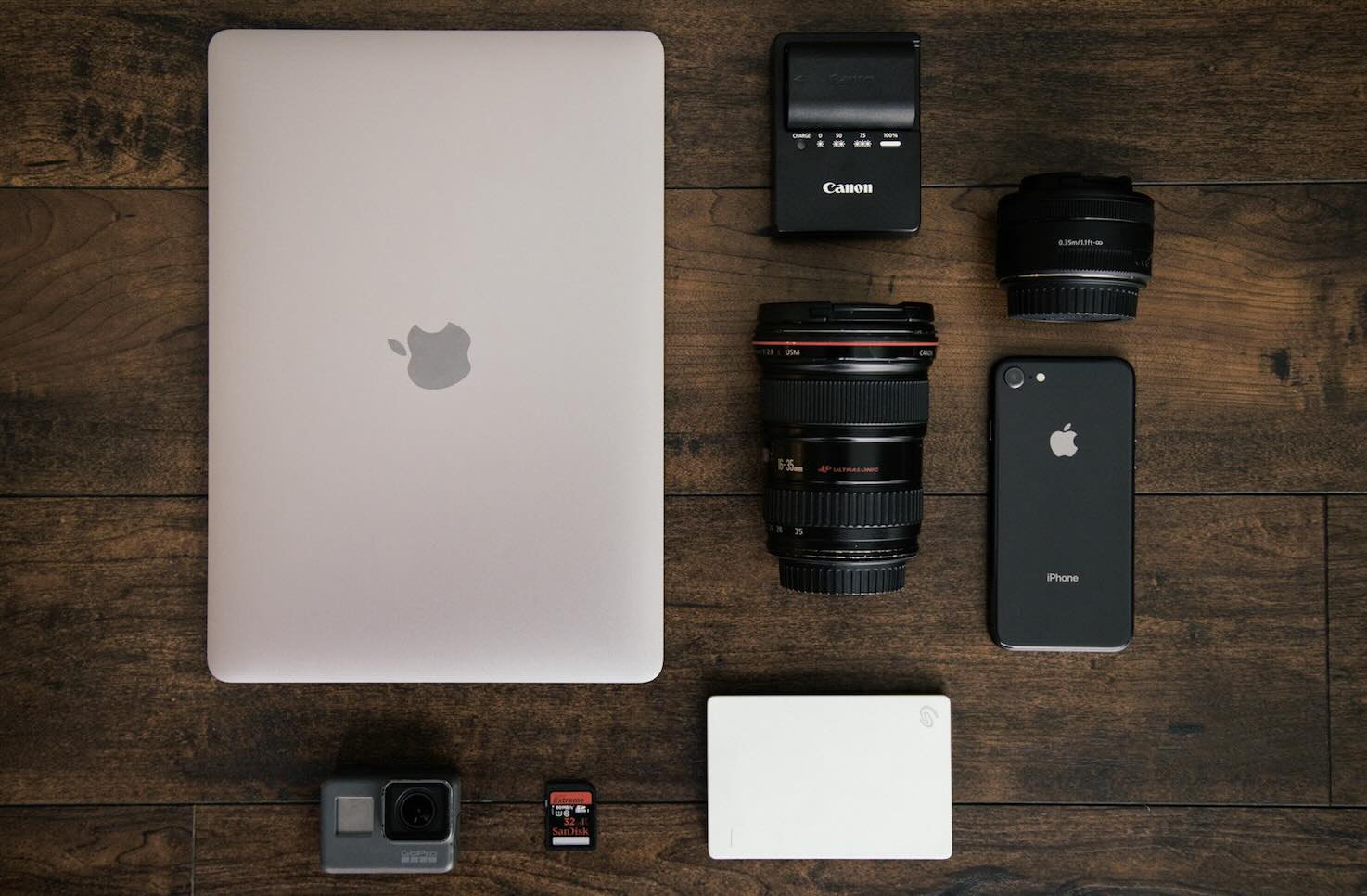See what 100+ travel leaders say about hotel program challenges. Get the white paper
We surveyed 100+ travel leaders on their challenges with hotel programs. Here's what they said.
Read the white paper

Before boarding an international flight, business travelers often think of passports and visas first. Yet another layer of preparation is becoming just as critical: navigating the rules around the devices and technologies we carry—many of which may be regulated, restricted, or even banned abroad.
A new report from BCD Travel’s Global Crisis Management team underscores just how significant these technology rules have become. Companies that fail to prepare risk fines, confiscations, or even detentions for their employees.
Digital communication platforms are among the most tightly controlled technologies worldwide. According to the BCD report:
For companies, these examples highlight the need to brief employees on where communication may be limited and ensure they have compliant alternatives abroad.
Apps aren’t the only concern—hardware can pose equal risks. Many countries closely monitor or restrict certain devices:
The takeaway: IT and compliance teams should review what technology employees carry before departure, rather than leaving decisions to the traveler at the airport gate.
Some restrictions catch travelers off guard because they involve devices not usually thought of as “sensitive”:
In short, even everyday tools can quickly become liabilities abroad if companies and travelers and travel managers don’t research restrictions ahead of time.
BCD Travel recommends that companies proactively build technology considerations into their travel programs:
As the report emphasizes:
“Technology touches every part of modern business travel, from the tools and devices employees carry to the data they depend on. Companies that proactively prepare will protect their employees, safeguard their information and data, and keep trips on track.”
Technology restrictions evolve quickly. What’s permitted today may be restricted tomorrow. To stay ahead, business travel managers should:
By addressing these challenges head-on, companies can ensure technology remains an enabler—not a liability—for successful global business travel.
What types of technology are commonly restricted when traveling internationally?
Messaging apps, social media platforms, VPNs, encrypted drives, satellite phones, drones, GPS tools, and professional-level cameras are among the most common.
Are VPNs legal for business travelers?
Not everywhere. Countries like China, Oman, Russia, and the UAE either ban or strictly regulate them. Always check local laws before connecting.
Can I bring my work laptop and external hard drive abroad?
Yes, but encrypted drives or sensitive software may be inspected. U.S. travelers also face export restrictions on certain encrypted technology.
Why are satellite phones restricted?
Many governments view them as security risks. Some countries require permits, while others, like Bangladesh, impose severe penalties for possession.
Are drones allowed for business use abroad?
Often not without permits. Countries such as Cuba, Egypt, Morocco, and the Gulf states enforce strict rules, and drones may be confiscated if paperwork isn’t in order.
How should companies prepare employees for these restrictions?
Provide clear travel guidelines, involve IT and compliance teams, and issue checklists so employees know what devices are safe to carry.
Where can I find up-to-date information?
Check government travel advisories, consult your company’s compliance team, and rely on travel partners like Christopherson Business Travel for the latest guidance.
► You’ll also like: Juice jacking: The airport cyber risk business travelers miss

We’ve curated some articles to keep you updated on all things Christopherson Business Travel.